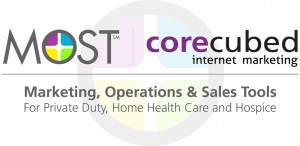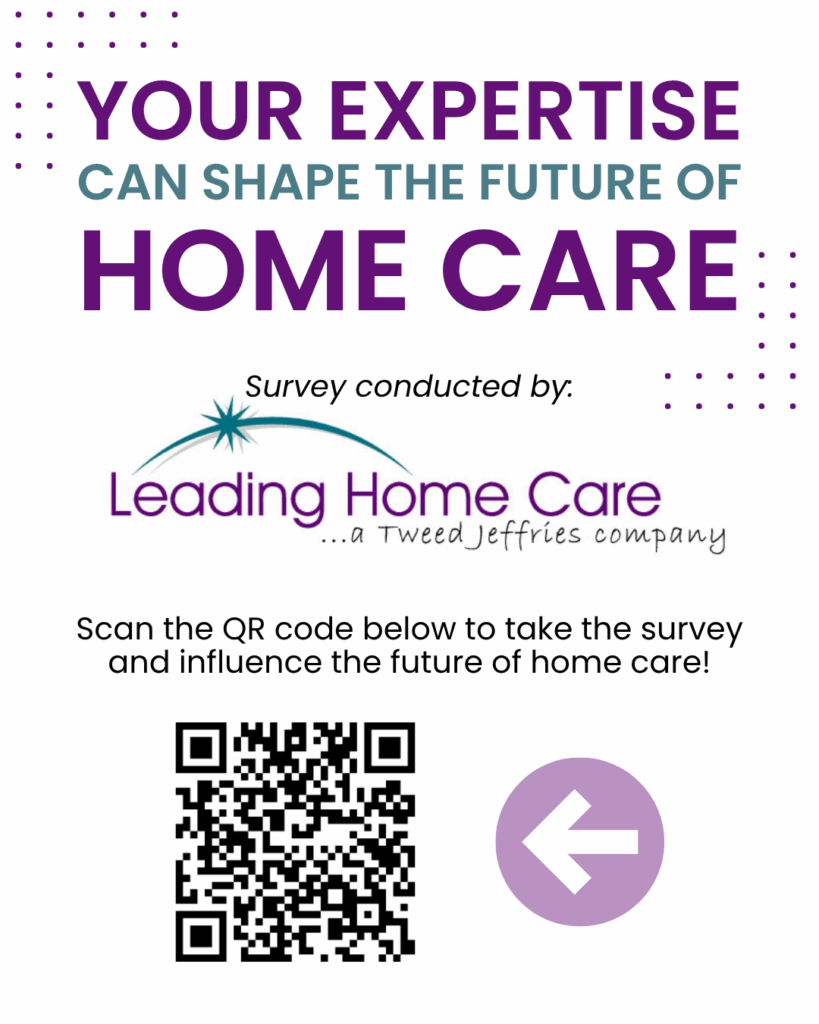If you are using Facebook as part of your home care social marketing strategy, you need to be aware of a
new scam that is out there where scammers are using a series of surveys to get vital information from you and then construct a fake facebook page using your account.
Symantec, the antivirus company, has discovered that the scammers are using Amazon S3 to host the campaign under the label “Experience Facebook Black”. It involves installing an extension of the Google Chrome web browser, and then capturing your information to construct this phony facebook page.
For more information, take a look at this article from CRN.
To get some insights about how to avoid online scams like this, we reached out to Merrily Orsini at Core Cubed. Here are some tips from Merrily:
- Don’t use the same password for multiple website and email accounts.
- Create a complex passwords that contain at least:
- 2 uppercase letters
- 2 lowercase letters
- 2 special characters
- 2 numbers
- Make your complex password easier to remember, using something familiar to you and applying the following technique (using baseball here):
- Think of a baseball team you will remember, such as the Baltimore Orioles.
- Remove any spaces and add an exclamation so it becomes: BaltimoreOrioles!
- Replace vowels with numbers and special characters: B@lt1m0r3Or10l3s!
- You now have a very secure password that is easy to remember!
Visit http://corecubed.com/blog/entry/better-password-managementfor more detailed information.
- Run a trusted up-to-date anti-virus and anti-malware software.
- Remove or quarantine any viruses or malware.
- Consult a professional who can remove any existing viruses.
- Report the crime to the police immediately.
- Contact your bank or credit card company to either deactivate your card or have them monitor for suspicious activities.
- Cancel any affected identity documents – driver’s license, social security card, passport, etc. – and obtain new ones.
What common scams look & sound like:
- An award or giveaway that you’ve won, but did not enter
- An email from either an unknown source or a seemingly trusted one that includes an “urgent message” or a “threat to your account” and requests personal information
- A call from someone claiming to be your Internet service provider, bank, etc. asking for passwords or other personal information
- Anything out of the ordinary for someone, like a video that looks unlike a video your contact would be posting, or a link to something that has no accompanying explanation.
 For more insights into the best ways to use social media, search engine optimization, and web site marketing, we suggest you contact our friend and colleague Merrily Orsini at Core Cubed to get the best advice in the industry about how to reach out to consumers on the internet.
For more insights into the best ways to use social media, search engine optimization, and web site marketing, we suggest you contact our friend and colleague Merrily Orsini at Core Cubed to get the best advice in the industry about how to reach out to consumers on the internet.
You can also reach Merrily at 1-800-370-6580




